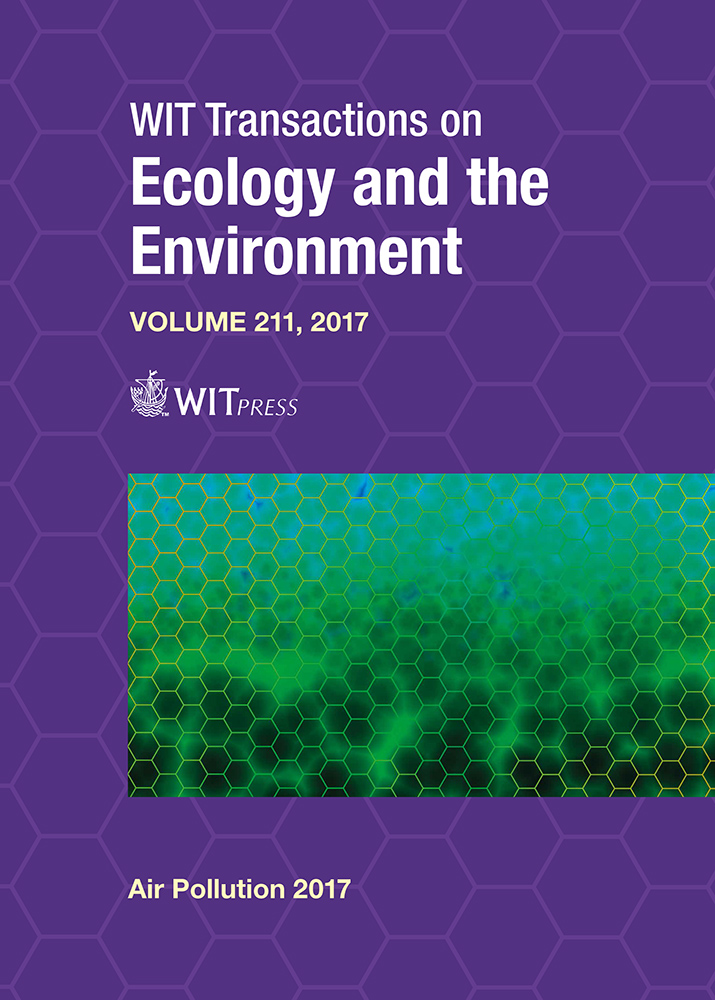THE RELATIONSHIP BETWEEN COASTAL WEST AFRICAN DUST LEVEL AND CARIBBEAN ISLAND DUST
Price
Free (open access)
Transaction
Volume
211
Pages
7
Page Range
121 - 127
Published
2017
Size
1,057 kb
Paper DOI
10.2495/AIR170121
Copyright
WIT Press
Author(s)
LOVELY EUPHRASIE-CLOTILDE, JACK MOLINIÉ, TONY FEUILLARD, FRANCENOR BRUTE
Abstract
Desert dust coming from North African sources is a major phenomenon of the atmosphere related to its impact on the earth climate and human health. A great part of this particle product is transferred in a westward flux, over the Atlantic Ocean in form of outbreaks. Depending on the season, transport conditions and meteorological configuration along the pathway, high dust concentrations can reach either the northeast coast of South America or the islands of the Caribbean region. Their arrival corresponds with bad local air quality and numerous admittances into hospital emergency rooms. The control of health risk requires a dust-level forecast using satellite, model and ground measurements data. In this study, we investigate a correlation between PM10 measurements performed in 2015 by air quality networks at two sites, one in Dakar located on the West African coast and the other in Guadeloupe, a French Caribbean Island. The PM10 dust concentrations for both sites have been obtained using the same certified instruments (TEOM). Only Guadeloupe dust events presenting a daily mean PM10 of up to 35 μg/m3 with back trajectories crossing in the vicinity of Dakar and verifying trajectories coming from Dakar, crossing close to Guadeloupe, have been taken into account. An air masses transport delay deduced by the HYSPLIT trajectory model was applied and a non-correlation between the two sites PM10 (correlation coefficient R = 0.3) was observed. Using the same trajectories and back trajectories, proximity conditions and HYSPLIT delay, the two sites’ Aeronet photometric measurements (AOT1020) have been compared. A good correlation confirmed by a correlation coefficient, R = 0.88, was obtained between the Dakar AOT 1020 and the Guadeloupe AOT 1020. On the twelve dusty days of 2015 within eligible conditions of the pathway, an 80% decrease of AOT1020 during the transfer over the Atlantic Ocean was found.
Keywords
desert dust, PM10, AOT, back trajectories, long-range transport, pollution





